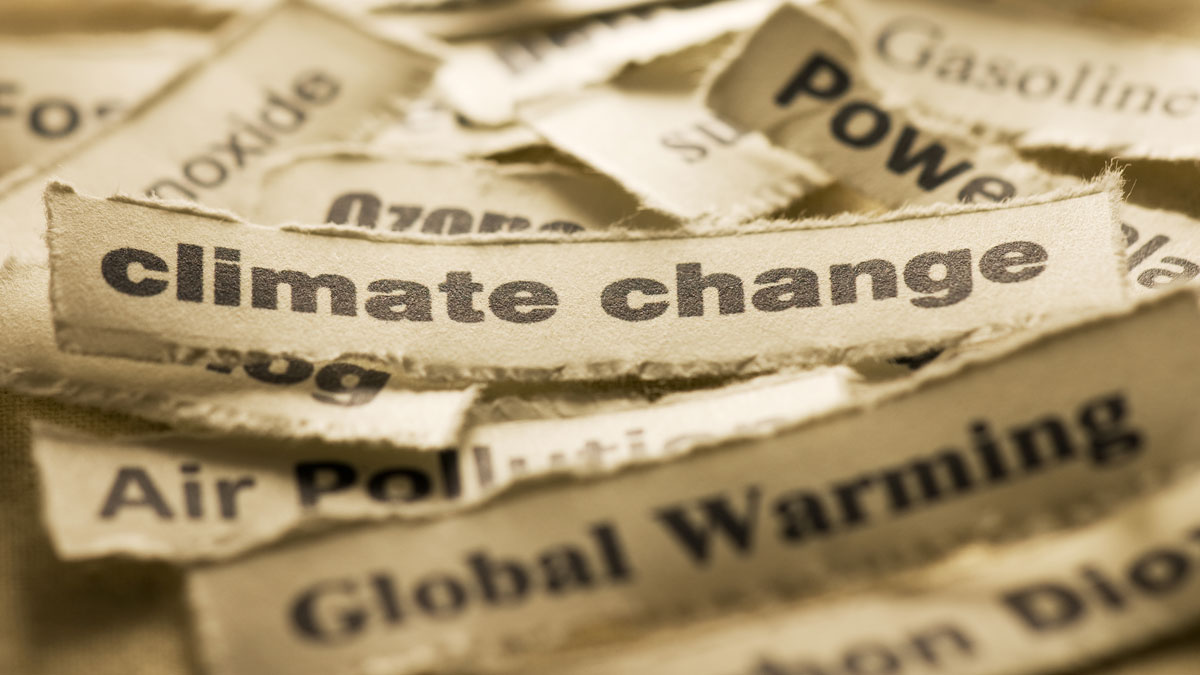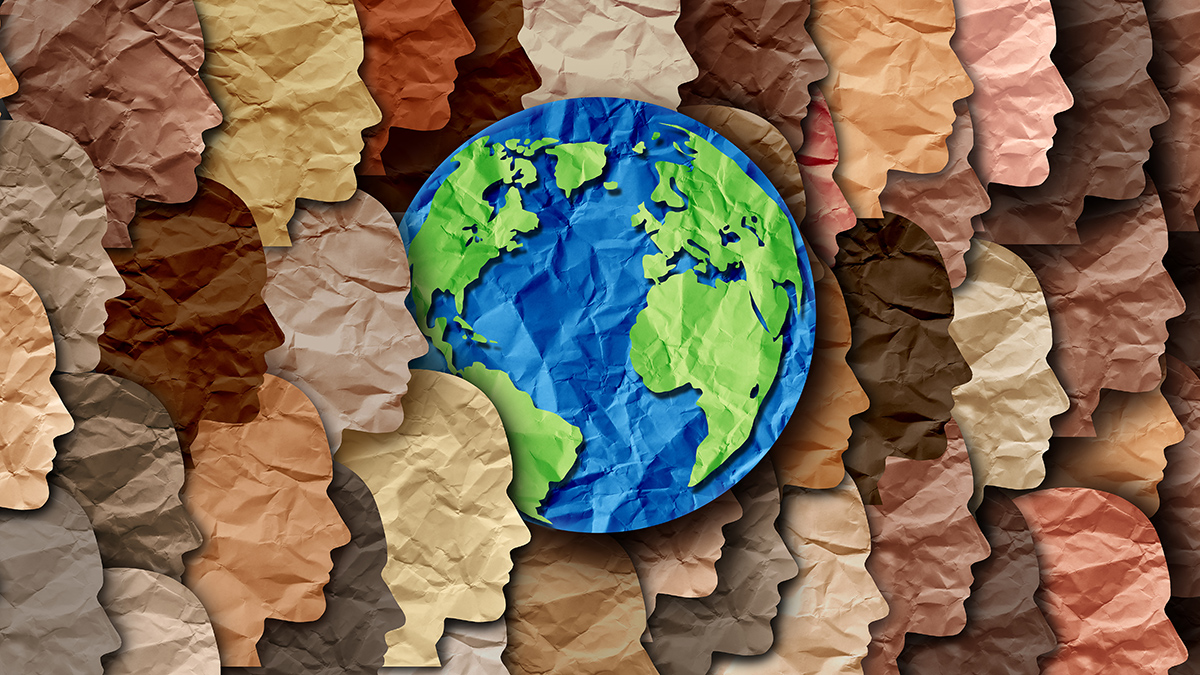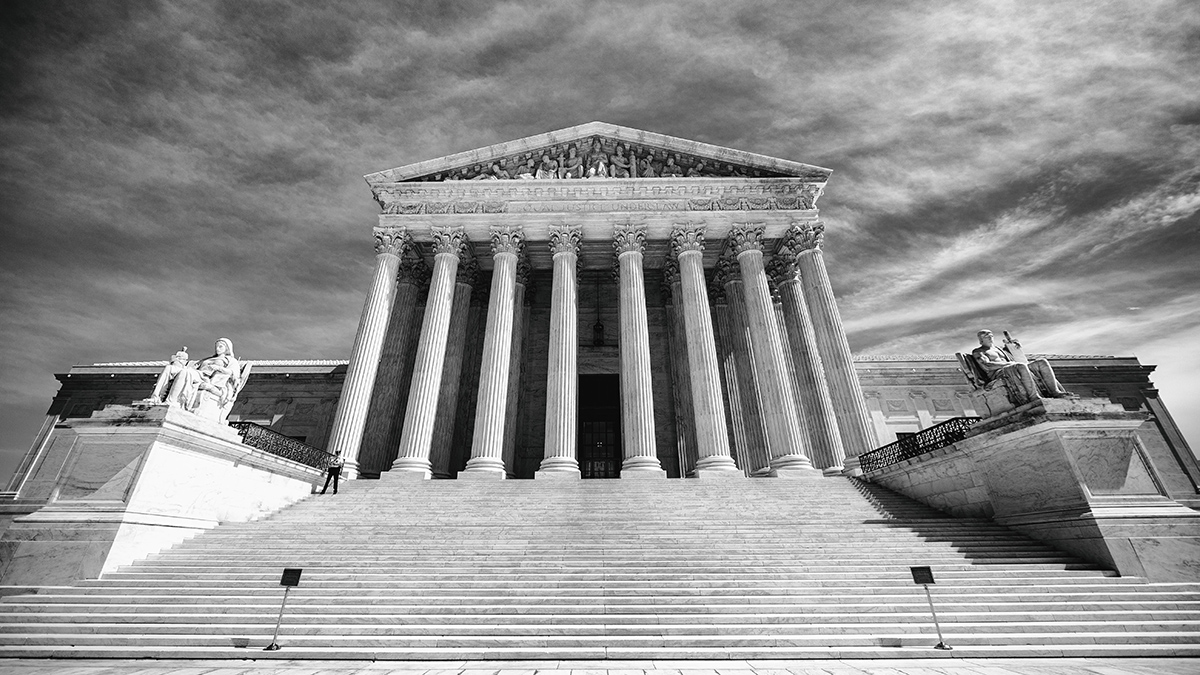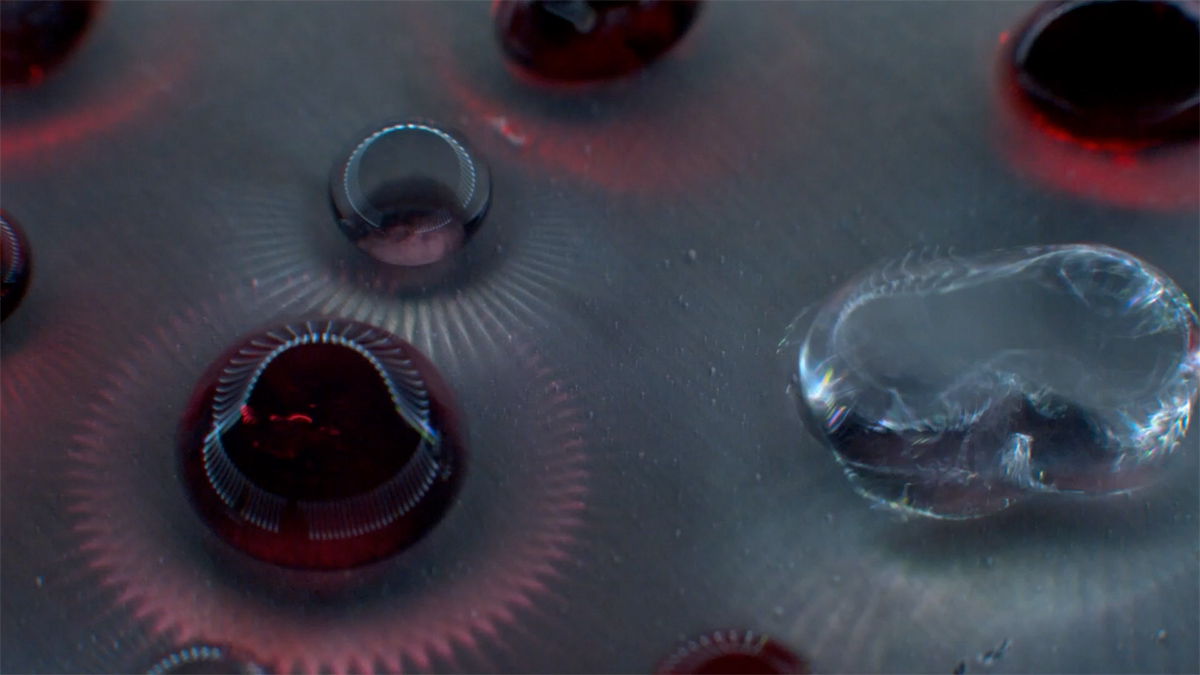Current approaches for deciding what science is covered in the media portray only a narrow slice of climate change research and aren’t well suited for stoking climate action.
Opinion
Increasing Racial and Ethnic Diversity in Physical Geography
Geography, a discipline combining geosciences and social sciences, is becoming more demographically diverse overall. But physical geography is lagging behind and needs to catch up.
A Transformative Carbon Sink in the Ocean?
Water-rock reactions in some hydrothermal systems produce both hydrogen, which could be tapped for clean energy, and alkaline solutions that could help draw down atmospheric carbon dioxide.
How to Address Publication Overload in Environmental Science
Combining traditional human-curated syntheses of scientific research with the search and visualization tools of artificial intelligence could guide researchers through avalanches of publications.
The Supreme Court Is Bypassing Science—We Can’t Ignore It
The court’s exclusion of scientists from the environmental rulemaking process comes full circle as the EPA strips federal protections for wetlands.
AI Could Reshape Climate Communication
If we can overcome its pitfalls, AI holds promise for improving trust in climate science and activating a largely disengaged public, with meaningful consequences for health and well-being globally.
Why—and How to—Engage Artists in Science
Breaking down the artificial barriers between science and art can lead to collaborations, broaden the understanding of problems facing communities, and grow engagement to explore solutions.
Climate Education That Builds Hope and Agency, Not Fear
Reframing climate change education around a message of “hopeful alarm” not only will underscore the threats we face but will also show students how they can act to shape the future.
Boosting Support for Students and Early-Career Professionals
Student and early-career professional groups can build community, drive equitable change in institutions, and promote the well-being of individuals traversing the often-bumpy paths to science careers.
How Scientists Can Safeguard Themselves Online
Scientists are always at risk of digital harassment by bad actors looking to undermine scientific credibility and progress, but there are protective steps they can take.










